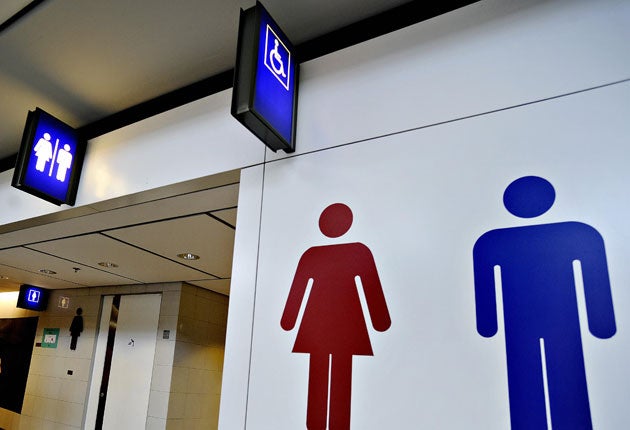Queen's English still rules: We say tomato... as does most of the world
Huge international study finds that, contrary to popular belief, Americanese has not taken over in English-speaking countries

Your support helps us to tell the story
From reproductive rights to climate change to Big Tech, The Independent is on the ground when the story is developing. Whether it's investigating the financials of Elon Musk's pro-Trump PAC or producing our latest documentary, 'The A Word', which shines a light on the American women fighting for reproductive rights, we know how important it is to parse out the facts from the messaging.
At such a critical moment in US history, we need reporters on the ground. Your donation allows us to keep sending journalists to speak to both sides of the story.
The Independent is trusted by Americans across the entire political spectrum. And unlike many other quality news outlets, we choose not to lock Americans out of our reporting and analysis with paywalls. We believe quality journalism should be available to everyone, paid for by those who can afford it.
Your support makes all the difference.The English-speaking world talks as we do in the UK, according to the biggest international study of English dialects ever undertaken. Researchers at the University of Cambridge have shattered the myth that Americanese has taken an unshakeable hold on the Anglophone world.
The findings, the result of a 10-year study of more than 70,000 people, also suggest that the legacy of the British Empire has played an important role in maintaining the pre-eminent position of British English.
The researchers have been sifting through a vast internet database of responses from the world's English speakers, who were asked to choose which words they use to describe a range of everyday objects. Nearly 30 different words were given to describe a sandwich, including "sub", "hoagie" and "nudger". Contributors were also asked to enter the postcode, or zip code, of the town they believe most influenced their speech.
Dr Bert Vaux, a linguistics specialist who led the research, found that English-speakers from the UK, US, South Africa, Australia and New Zealand had their own variations for common words and phrases. Where in the UK, we might call rain during sunny weather a "sun-shower", those in South Africa may call it a "monkey's wedding", and those in the US's southern states would sometimes say "the devil's beating his wife". The study found that while the US often has several variations for certain words, in the main the rest of the world takes the British-English form.
The researchers will now analyse their vast archive in detail. But Dr Vaux said he already understands why British-English prevails: "The legacy of the British Empire plays a role and the fact that the education system for English throughout the world still seems to be connected more to the British model, rather than the American one," he said.
Dr Vaux is now about to begin a similar survey solely in Britain, which starts this weekend and will be the first project of its kind since the 1960s.
"A pattern is already visible," he said. "It is similar to what's happening in the US: speech patterns of the major cities are becoming increasingly different from each other."
Join our commenting forum
Join thought-provoking conversations, follow other Independent readers and see their replies
Comments